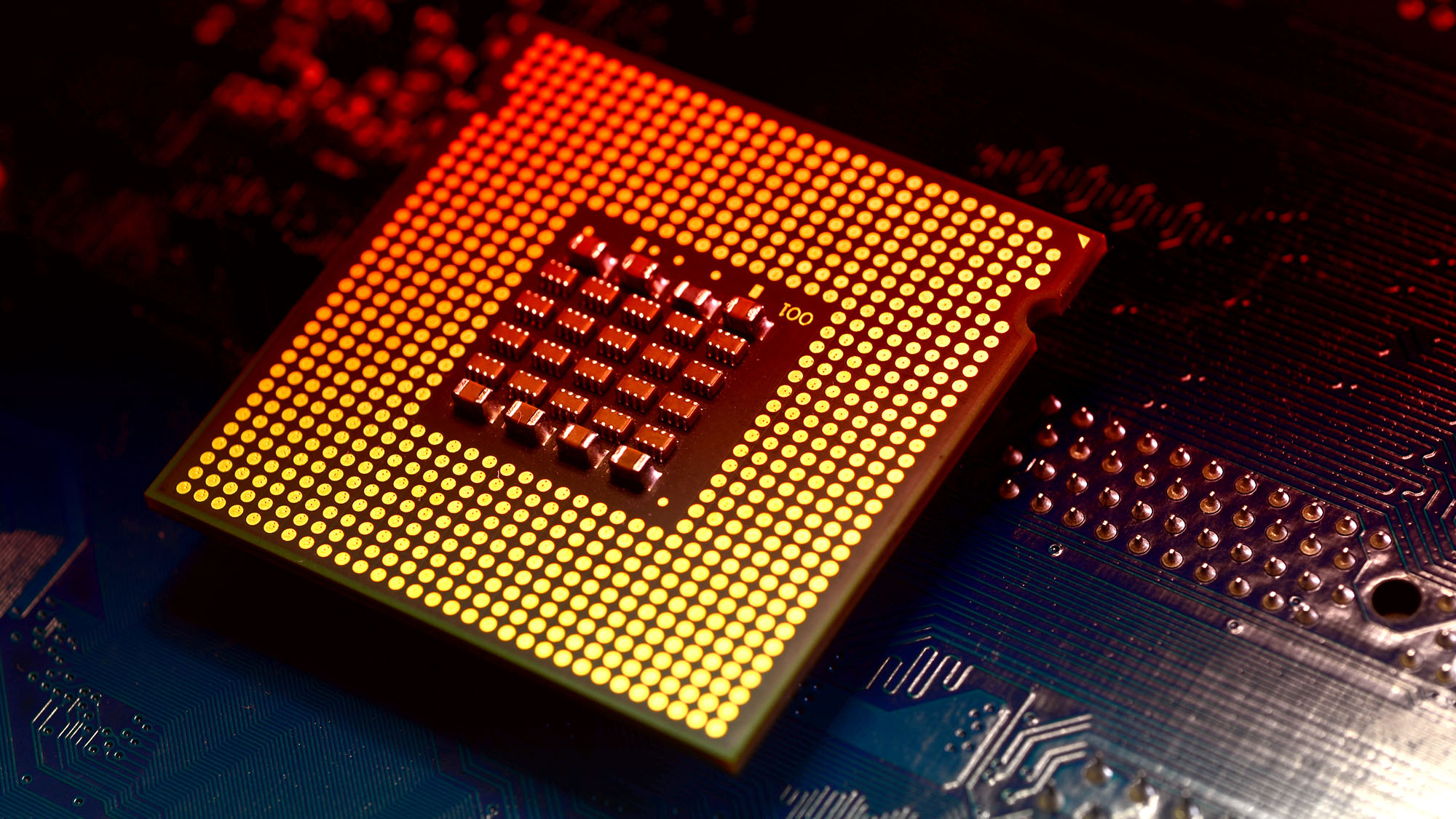Intel’s 11th Gen Core CPUs might be weeks away from launch, but that hasn’t stopped a TechTuber from getting his hands on a qualifying sample of a Core i7-11700 to test. The Rocket Lake chip was put through a bunch of gaming, productivity, and synthetic benchmarks.
Qualifying samples are the final “prototype” chips to be produced before the real model enters production. So this i7-11700 QS is as close to the real thing as it gets. But, to state the obvious, this Rocket Lake SKU does not represent the final product, and drivers for the chip are still not finalized. So performance is subject to change.
For specs, the Core i7-11700 qualifying sample features 8 Cores and 16 threads with a 2.5GHz base frequency and a 4.9GHz boost frequency on up to two cores.
For the tested bench, the YouTuber is rocking a Maximus XIII (Z490) Hero mobo, G.Skill Trident Z 3200MHz CL14 RAM and a 1TB WD Black NVMe SSD.
To compare the i7 11700 QS results, he used three other CPUs: the Ryzen 7 5800X, a Core i7 11700 Engineering Sample, and a current-gen i7-10700.
We won’t get into all the benchmarks, but we’ll highlight some of the ones that stood out to us.
Cinebench and CPU-Z Testing
Image 1 of 2
Image 2 of 2
In the Cinebench result, the 5800X gains top place, being 5% faster than the i7 11700 QS in the single-core test and 15% faster in the multi-core test.
In the CPU-Z test, results swing in favor of the 11700 QS which pulls out ahead of the 5800X by just 2.4% in the multi-threaded score and 3.5% in the single-threaded test.
Cache Performance
Image 1 of 3
Image 2 of 3
Image 3 of 3
Next, we have a rather interesting test pertaining to the read, write and copy speeds of the L1-L3 caches. He only tested the three Intel chips and excluded the 5800X from testing here.
Performance for the L1 cache is significantly boosted on the 11700 QS compared to the Comet Lake-S i7-10700. For the cache copy speeds, the 11700 was 50% faster. And for the pure read and write speeds, the Rocket Lake chip was 2x quicker.
For the L2 cache, the story changes a bit; cache copy speeds are about 60% faster for the 11700 QS compared to the 10700. For write speeds, both chips remain largely identical. For read speeds, the lead goes back in favor of the 11700, which is 43% quicker.
The L3 cache performance remains unknown. Currently, there is a major bug affecting Intel’s microcode for Rocket Lake chips that is significantly hampering the performance of the L3 cache. Again, finalized drivers don’t exist yet.
Gaming Performance — RTX 3080
For the gaming tests, we took his results from Shadow of the Tomb Raider. Paired with an RTX 3080, the Ryzen 5 5800X maintains a big lead over all of the Core i7s in actual frame rate.
Keep in mind, we don’t know the resolution that was used. So we have no idea how bottlenecked the GPU might be if he was using a low resolution like 1080P less.
Gaming Performance — Intel Xe iGP
3DMark Night Raid was used to test the new Intel Xe integrated graphics built into the i7-11700. The Xe IGP was on average 50% faster than the previous-gen i7-10700 with its older UHD graphics.
Conclusion
Overall the results are interesting, but inconclusive at best. Since this is a qualifying unit, with unfinished drivers and a buggy L3 cache, there’s no telling what shipping performance will actually be until all the bugs get ironed out and we see full-blown production variants of Rocket Lake out in the wild. At best, these results can give us some idea as to how the Core i7-11700 will compare to its arch-rival, the Ryzen 7 5800X. But if Intel delivers similar performance and can crank out Rocket Lake-S at volumes that actually meet demand, the blue team will undoubtedly sell a fair amount of its new silicon, despite yet another 14nm process node.
